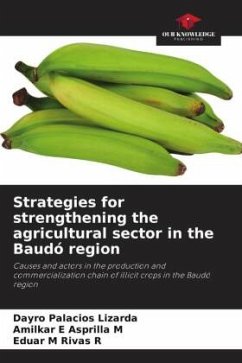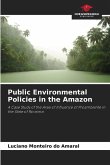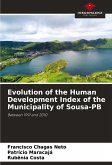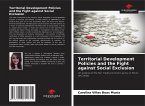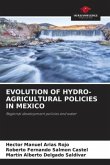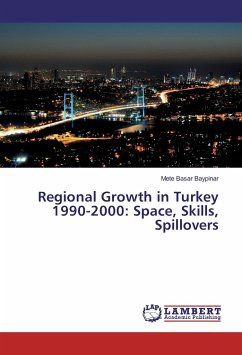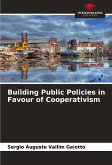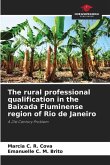This paper analyzes the socioeconomic characteristics of the Baudó region, the causes and actors that have hindered the region's productivity and facilitated the increase in the cultivation of illicit crops, as well as the role played by public entities and social organizations in the development of its inhabitants. It describes how development plans are constructed from an ethnic territorial approach, public policy strategies in the area of agricultural development, as mechanisms of social rights for the closing of gaps and provision of goods of social interest for social inclusion, economic growth through production, commercialization, competitiveness and innovation. Clarity is needed in complementary policies for income generation and productive inclusion, provision of essential public goods for competitiveness and a more appropriate rural institutional framework. Therefore, this research will address the socioeconomic characterization of the region, the causes and actors thathave contributed to the reduction of agricultural production and the increase of illicit crops.
Bitte wählen Sie Ihr Anliegen aus.
Rechnungen
Retourenschein anfordern
Bestellstatus
Storno

